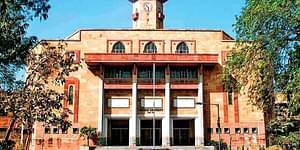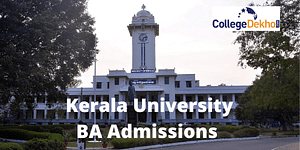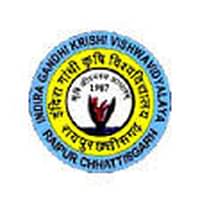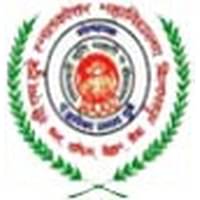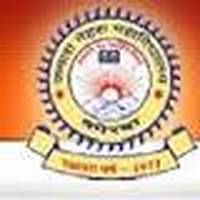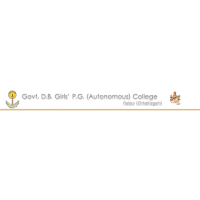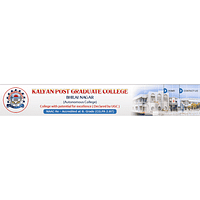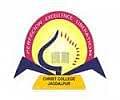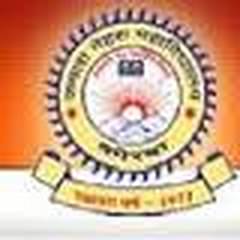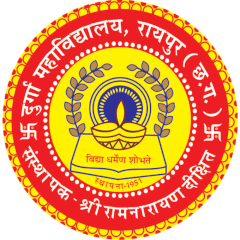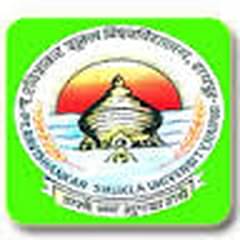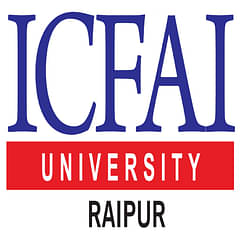Govt. Gundadhur P.G. College, Kondagaon B.Com Fees
Govt. Gundadhur P.G. College, Kondagaon B.Com is a 3 Years programme offered in specializations like Commerce. Govt. Gundadhur P.G. College, Kondagaon B.Com admission 2024 will be based on CBSE 12th, CGBSE 12th.
1 Course is offered by Govt. Gundadhur P.G. College, Kondagaon
B.Com (Professional)
Govt. Gundadhur P.G. College, Kondagaon B.Com Eligibility Criteria
To pursue a Bachelor of Commerce (B.Com.) degree at Govt. Gundadhur P.G. College, Kondagaon in Kondagaon, students must meet certain eligibility criteria. Applicants should have successfully completed their 10+2 education from a recognized board or its equivalent in any stream. Additionally, they should have obtained a minimum aggregate score of 50% in their qualifying examination. It is important for candidates to have a sound understanding of commerce, economics, and mathematics. Meeting these requirements will enable students to apply for admission to the B.Com. program at Govt. Gundadhur P.G. College, Kondagaon, and embark on a fruitful academic journey in the field of commerce.
Govt. Gundadhur P.G. College, Kondagaon B.Com Admission 2024
Admission to the B.Com at Govt. Gundadhur P.G. College, Kondagaon is subject to meeting the eligibility criteria and the candidates have to secure a valid score in CBSE 12th, CGBSE 12th. All shortlisted candidates have to complete the Govt. Gundadhur P.G. College, Kondagaon B.Com admission process by getting their documents verified and paying the admission fee.
Govt. Gundadhur P.G. College, Kondagaon B.Com Application Process
Govt. Gundadhur P.G. College, Kondagaon B.Com application form has to be submitted online by visiting the official website. Candidates aspiring to take admission to the B.Com course at Govt. Gundadhur P.G. College, Kondagaon have to first check and meet the eligibility criteria and then proceed further with the application process.
Steps to fill Govt. Gundadhur P.G. College, Kondagaon B.Com application form:
- Step 1: Visit the official website of Govt. Gundadhur P.G. College, Kondagaon and click on ‘apply online’.
- Step 2: Now, you will be redirected to the admission page of Govt. Gundadhur P.G. College, Kondagaon . Complete the registration process and create a profile.
- Step 3: Fill in all details available in the Govt. Gundadhur P.G. College, Kondagaon B.Com application form.
- Step 4: Now pay the Govt. Gundadhur P.G. College, Kondagaon B.Com application fee and click on submit button.
- Step 5: After the submission, keep a hard copy of Govt. Gundadhur P.G. College, Kondagaon B.Com Application Form.
Documents Required for Govt. Gundadhur P.G. College, Kondagaon B.Com Admission:
- Marks sheet of class 10th standard
- Marks sheet of class 12th standard
- Transfer certificate (if required)
- Character certificate
- Passport-size photographs
Top Courses at Govt. Gundadhur P.G. College, Kondagaon
Explore More Engineering Colleges in Chhattisgarh
By Degree
By Specialization
- Colleges in Kondagaon
- Govt. Gundadhur P.G. College, Kondagaon
- Govt. Gundadhur P.G. College, Kondagaon Courses & Fees
- B.Com. (Bachelor of Commerce)





